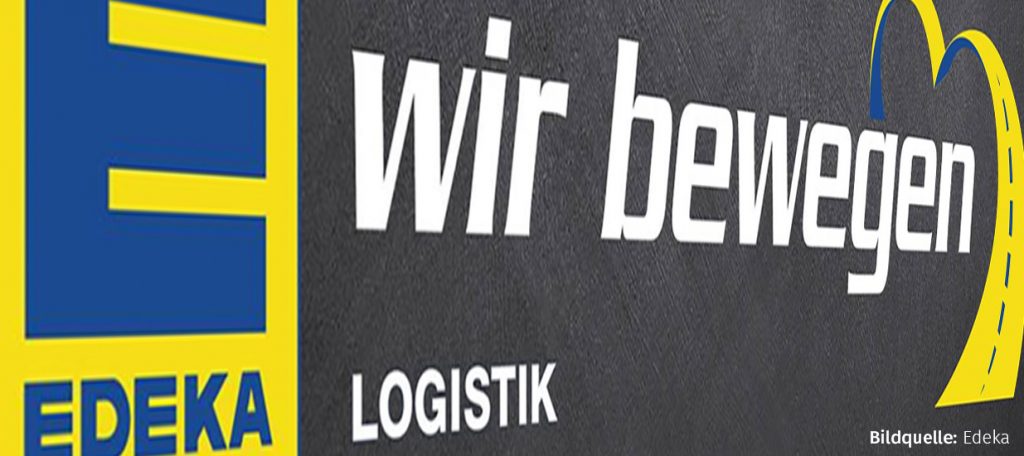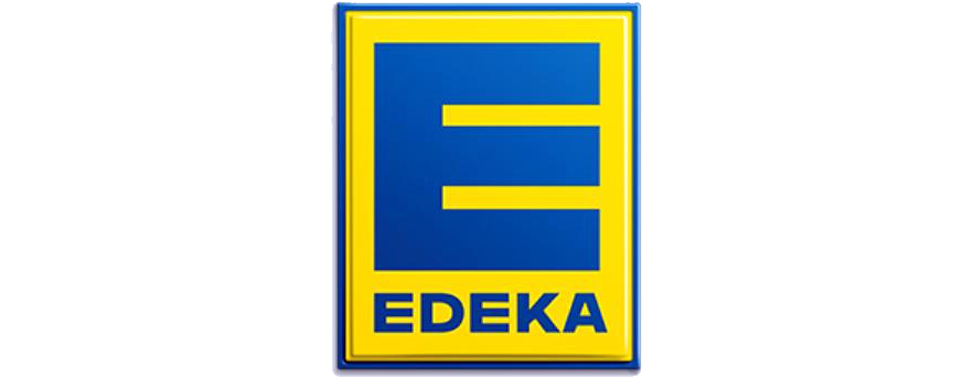EDI WITH EDEKA


Edeka logo
Electronic data exchange with Edeka
Simplify your process flows with Edeka
The Edeka Group is the leading German food group, followed by its main competitors Rewe, Metro, Aldi, and the Schwarz Group (Lidl, Kaufland).
The trading group was established back in 1898 in Berlin as a result of the merger of several purchasing associations to form the “Einkaufsgenossenschaft der Kolonialwarenhändler (E.d.K.)”. Today, the Group is made up of seven regional companies organized as cooperatives:
The Edeka regional companies are each owned 50 percent by the approximately 4,500 affiliated independent retailers and by the Edeka headquarters. The regional companies act as wholesalers for the independent Edeka retailers and also run their own stores. In Germany, the network operates over 11,000 outlets. The entire Edeka Group employs approximately 381,000 people and recorded net sales of over 55 billion euros in 2019. Independent retailers account for the largest share of this. (Source: statista. Last updated 2019)
EDI connection for suppliers via the Edeka supplier portal—what to bear in mind
The Group was an early advocate of digitizing its core retail processes. When it comes to electronic invoice dispatch, the implementation of the INVOIC message type is considered a “freestyle” process due to the complexity and Edeka’s high semantic quality requirements.
To support successful EDI integration, Edeka provides its suppliers with, among other things, user manuals in the form of detailed guides (e.g., EDI INVOIC Guide) as well as a detailed EDI guide (“Guide for the implementation of logistical processes with Edeka and its affiliated companies and regions”). You can find these and other documents as a combined download on the Edeka partner portal.
In order to fully meet all the requirements of the Edeka Group, it is always advisable to work with a competent EDI service provider such as Softzoll.
A key characteristic of the EDI data exchange with Edeka is the continuous optimization of EDI document flows. From the suppliers’ perspective, examples of the increased requirements for electronic data exchange with Edeka from the recent past primarily concern outgoing invoices:
EDI with Edeka via Deutsche Telekom’s X.400 network
Edeka uses Deutsche Telekom’s X.400- network to send and receive digital receipts. In individual cases—such as the INVOIC connection of our customers to Edeka Südwest—the AS2 protocol for electronic data exchange is also implemented in some cases. However, this is not routinely done as part of setting up a direct EDI connection with Edeka. Instead, electronic invoicing service providers such as Basware and Crossinx are included, but using them incurs additional costs and often increases the time required. Users of modern EDI systems should dispense with this detour and give preference to a direct X.400 connection with Edeka. In this context, we recommend using Deutsche Telekom’s new X.400 message gateway, which makes the proprietary “FileWork” client obsolete and offers considerable advantages in terms of transaction security and usage fees.
Seamless integration without time-consuming adjustments to your ERP system
Most ERP systems are not readily capable of mapping all of Edeka’s EDI requirements in detail within the scope of the standard interfaces. By using additional logic provided by Softzoll in the form of reproducible rule modules (logical functionalities), time-consuming and cost-intensive ERP projects can be avoided and all of Edeka’s requirements can still be met. This is especially true for digital outgoing invoices. Edeka uses highly complex validation processes to check the content quality of digital supplier invoices during processing of incoming documents. Even the smallest deviations are penalized with a postponement of the payment deadline. With this in mind, ensuring the semantic quality of outgoing invoices by Edeka’s suppliers is an important factor.
Automated validation checks for guaranteed valid EDI documents
On request, Softzoll provides automated validation checks for all requirements relating to this area. The content of each individual document is checked for correctness before it is sent, and only valid EDI invoices are sent. Instantaneous cash flow with Edeka is thus guaranteed at all times.
Other Edeka EDI message types also require process support to ensure trouble-free processing. For example, a number of Softzoll projects served to consolidate incoming orders, as some ERP systems require strict separation of incoming ORDERS into original brands and private labels, which need to be processed differently.
This post is also available in DE.



